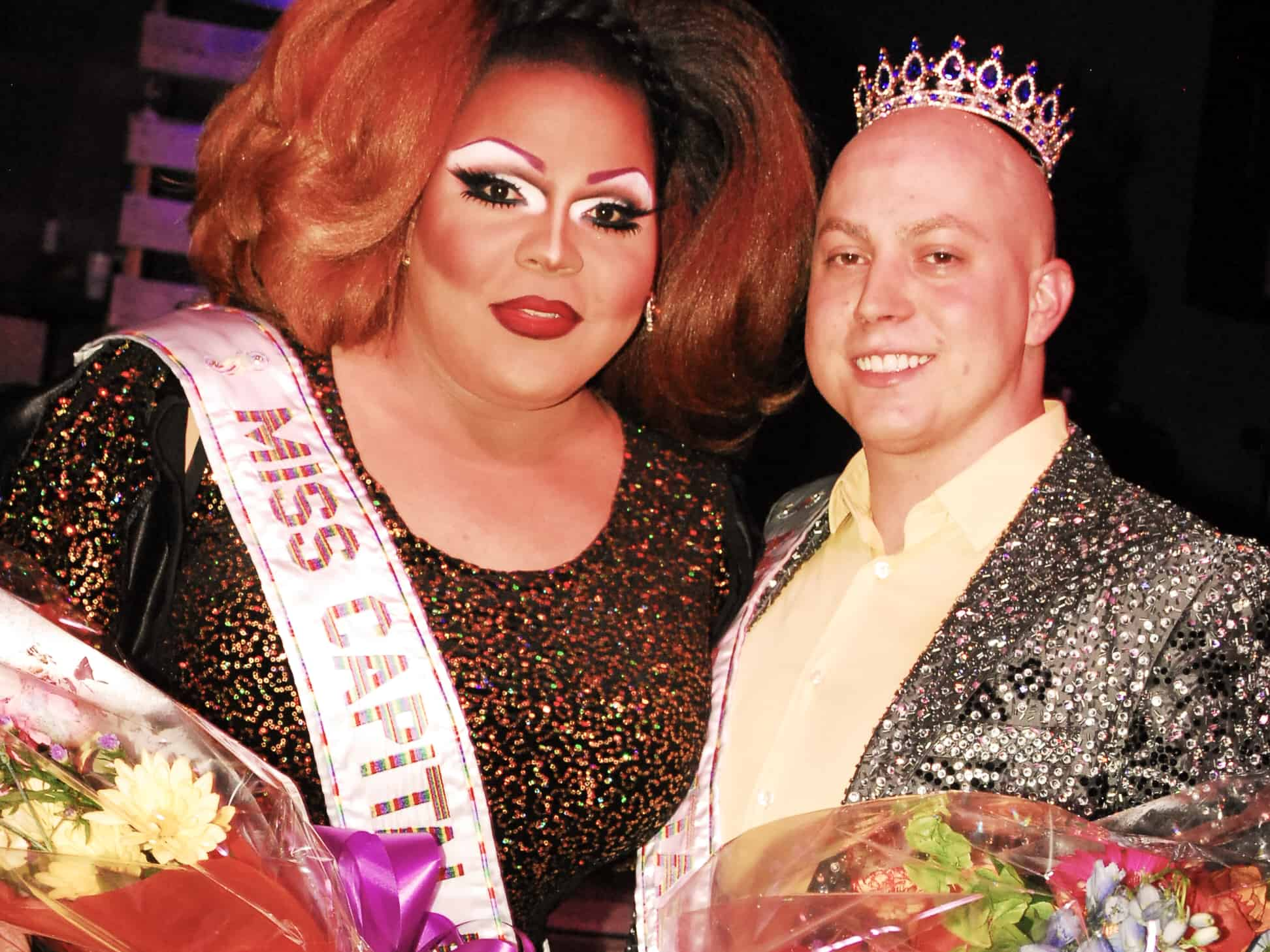Virginia AG Herring: Anti-LGBT discrimination “can” constitute sex discrimination
Opinion concludes that courts would likely find anti-LGBT discrimination violates Virginia's Human Rights Act

Virginia Attorney General Mark Herring, in responding to requests from members of the General Assembly, issued an opinion finding that anti-LGBT discrimination could — and would likely — be found by the courts to violate the Virginia Human Rights Act’s prohibitions on sex discrimination.
In the opinion, issued at the behest of Del. Dave LaRock (R-Hamilton), Del. Ken Plum (D-Reston) and Sen. Tom Garrett (R-Lynchburg), finds that to the extent that federal courts and agencies have recognized discrimination based on sexual orientation or gender identity as “impermissible sex discrimination” under federal nondiscrimination laws, any such action that discriminates against people based on those characteristics would also violate the Virginia Human Rights Act.
In other words, because the Virginia Human Rights Act makes all violations of federal civil rights law a concurrent violation of state law, and because sex discrimination is prohibited under federal law, any form of sex discrimination or disparate treatment — including against LGBT people or others who do not adhere to gender stereotypes — would also be considered to violate the Virginia Human Rights Act.
Herring also concludes in his opinion that, with respect to other nondiscrimination measures in Virginia law — such as the commonwealth’s Fair Housing Law, for example — the same rationale and legal precedents that have led federal courts and agencies to find that anti-LGBT discrimination “can” constitute sex discrimination would most likely lead a Virginia court to reach the same conclusion.
“The General Assembly has recognized the right of every Virginian to live, learn, and work without fear of discrimination by enacting the Virginia Human Rights Act and other anti-discrimination statutes,” Herring said in a statement. “The law in this area has developed rapidly and the clear trajectory has been towards a more inclusive understanding of sex discrimination that encompasses discrimination based on sexual orientation and gender identity. This growing body of case law has not required an expansion of the definition of ‘sex’ or ‘gender.’ It has merely required courts to apply well-established prohibitions against sex discrimination and gender stereotyping to LGBT Americans.”
Herring also noted that the private sector has long supported nondiscrimination protections for LGBT employees, and that courts are increasingly recognizing that LGBT people are — and should be — covered by federal and state civil rights laws.
“We don’t need to look far to see the division, discord, and pain that can happen when a state tries to enshrine discrimination against certain people it fears or does not understand,” Herring added. “In recent years, Virginia has rejected this kind of misguided and sometimes mean-spirited approach. As the courts continue to put away the vestiges of discrimination and unequal treatment, I hope we will continue to show that Virginia rejects discrimination and welcomes all who would call our Commonwealth home.”
In a swipe at LaRock, Herring’s office also announced it was filing a demurrer — the state-court equivalent of a motion to dismiss — in a lawsuit brought by LaRock seeking to have the Richmond Circuit Court order Herring to produce an opinion on whether “sex” includes gender identity and sexual orientation, and how the terms “sexual orientation” and “gender identity” would be defined for the purposes of enforcing Virginia’s laws prohibiting sex discrimination. Last week, LaRock, demagogued on the issue, issuing a statement on his campaign website accusing Herring of ignoring his request for legal clarification and of “playing politics with the law.”
In a follow-up post, LaRock continued to bash Herring for delaying the opinion until one day before the deadline by which he was expected to respond to LaRock’s lawsuit. LaRock also accused the federal government, through its actions in the cases cited in Herring’s opinion, of overreaching and intruding into state laws, before requesting that supporters send him money to “pay off the legal bills and continue to fight for common sense against federal-government-imposed insanity.”
But Herring, in the demurrer, argues that Virginia law grants discretion to the attorney general on whether and when to issue an opinion on a particular legal topic. Because it is discretionary act, a court order is not appropriate to compel the attorney general’s office to issue an opinion on demand. Herring also argues in the demurrer that his office never refused to issue the opinion requested by LaRock, and in fact, advised him that the work was under way and that a response was forthcoming.
Support Metro Weekly’s Journalism
These are challenging times for news organizations. And yet it’s crucial we stay active and provide vital resources and information to both our local readers and the world. So won’t you please take a moment and consider supporting Metro Weekly with a membership? For as little as $5 a month, you can help ensure Metro Weekly magazine and MetroWeekly.com remain free, viable resources as we provide the best, most diverse, culturally-resonant LGBTQ coverage in both the D.C. region and around the world. Memberships come with exclusive perks and discounts, your own personal digital delivery of each week’s magazine (and an archive), access to our Member's Lounge when it launches this fall, and exclusive members-only items like Metro Weekly Membership Mugs and Tote Bags! Check out all our membership levels here and please join us today!
























